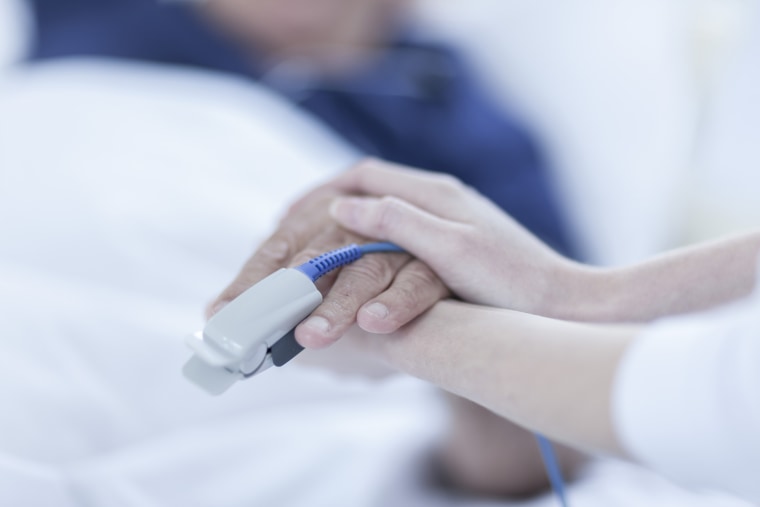A new heart drug cuts cholesterol levels to once unthinkable lows, a treatment that doctors hope may prevent future heart attacks or stroke in high-risk patients, according to results from a highly anticipated study released Friday.
However, the drug comes at a high price: approximately $14,000 a year.
The injectable drug, Repatha, appears to cut LDL or "bad" cholesterol to extremely low levels, more than statins or lifestyle changes in people who had prior heart attacks or were at high risk. More than 27,000 heart patients in 49 countries were followed for two years in the largest study of its kind.
But it hasn't cut deaths yet.
"It's a big deal for patients," said cardiologist Dr. Marc Sabatine of Brigham and Women's Hospital, the study’s lead author. "These data strongly suggest that patients benefit from lower LDL cholesterol well below current targets."
Repatha, known generically as evolocumab, was approved in 2015 for people who couldn't manage their cholesterol in any other way — but it wasn’t clear whether cutting LDL blood cholesterol to extremely low levels would protect against further heart attacks or stroke.
The drug lowered patients' cholesterol from a median LDL of 92 down to 30, something that's usually almost impossible to do with medication. In addition, the drug decreased heart attacks and strokes by 20 percent compared to patients taking a placebo.
Even patients who started with a relatively low baseline LDL were shown to benefit from the additional drop Repatha offered them, compared to other treatments.
The benefit began six months after taking the drug, lasted and increased the longer the patient took it. Repatha was also shown to be relatively safe, with few side effects.
The drug could be "life changing" for the millions of people with coronary artery disease, Dr. Steven Nissen, chairman of the department of cardiovascular medicine at the Cleveland Clinic, told NBC News.
Once a patient has had a heart attack, they are at an increased risk of having another. And they can die.
"After a heart attack, many people are never the same," said Nissen. "There’s benefit in preventing a heart attack."
While Repatha demonstrated sizeable reductions in future heart attacks and stroke, the trial didn't show that people were less likely to die.
The researchers hope that with more time, they can show Repatha can prevent early deaths.
With the $14,000 price tag, Repatha is an expensive drug compared to widely used statins like Lipitor, which are now available in generic formulations. Lipitor costs in the low hundreds of dollars annually.
As a result, insurers may balk at covering the huge cost. But doctors are hopeful that the results of this major study may lead to new guidelines regarding the treatment of high-risk patients, Dr. Robin Dullaart from the University of Groningen in the Netherlands wrote in an editorial in the New England Journal of Medicine, which published the research findings.
Also, Repatha is an injection which some patients may find inconvenient or unpleasant compared with popping a pill.
But with the trial results, “we now have definitive data that by adding evolcumab to a background of statin therapy, we can significantly improve cardiovascular outcomes and do so safely,” said Sabatine.
